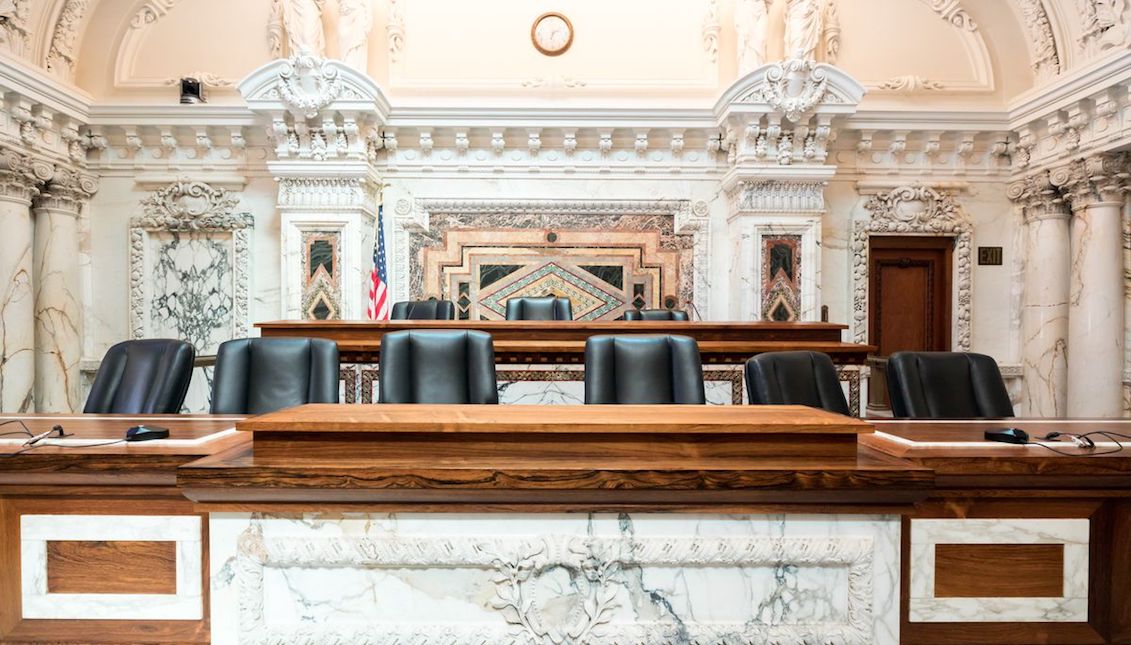
The Federal Courts vs. Trump
President Trump's insistence on imposing his administrative agenda has had a constant enemy: the federal judges.
Since the beginning of his administration, Donald Trump has challenged the limits of the law through his controversial agenda.
Much of the Democratic mobilization to regain the majority in the House of Representatives was underpinned by the party's promise to put an end to the president's anti-immigrant measures, and to let him know that he is not above the law.
That battle has been carried out from the beginning by federal judges who have been opposing his whims.
Even since his campaign, Donald Trump has insisted on de-legitimizing the courts, in an attempt to curry public opinion in his favor. And, every time a federal judge has refused to grant his decisions, a string of attacks on Twitter has been the president's favorite tool, a tactic that specialists describe as "a threat to our system of government."
Despite this, the judges below have served precisely as the walls of protection against the overreaching government, ruling on the following noteworthy cases:
On February 3, 2017, District Judge James Robart issued a ruling temporarily blocking Trump's immigration order against seven predominantly Muslim countries. The Ninth Circuit, and a federal judge in Hawaii, joined the decision.
In much the same way, District Judge William Orrick III blocked the implementation of the April 2017 executive order that sought to withdraw funds from so-called Sanctuary Cities for refusing to cooperate with the federal government in deporting undocumented immigrants.
RELATED CONTENT
On Jan. 9, 2018, District Judge William Alsup temporarily blocked the administration's decision to end the Deferred Action for Childhood Arrivals (DACA) program.
In May 2018, Judge Naomi Reice Buchwald ruled that Trump "cannot block users" on his Twitter account, arguing that the president "violated the Constitution of the United States by preventing some Americans from seeing his tweets on @realDonaldTrump.”
Earlier this month, on Nov. 9, federal judge Brian Morris of the District Court of Montana temporarily blocked the construction of the Keystone XL pipeline, a controversial project that was rejected by environmental activists and by President Barack Obama due to the negative effect it could have on climate change.
After Secretary of Commerce Wilbur Ross announced last March that the question of citizenship would be added to the 2020 census, a series of lawsuits argued that the government's intention was to impose fear on the nation and, therefore, suppress the participation of immigrant and minority communities in the counting process.
The diatribe finally reached the Supreme Court, which has decided to proceed with the evaluation of the case this week.
A federal judge in San Francisco temporarily blocked President Trump's decision to restrict asylum on the border with Mexico on Monday, after a new caravan of immigrants set off from Central America.










LEAVE A COMMENT: